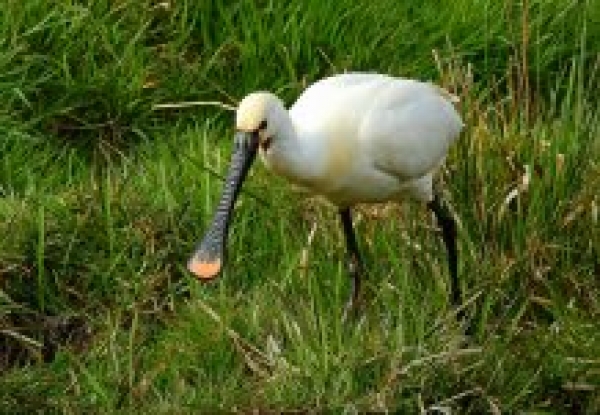Wildlife watchers generally welcome species that have arrived in the UK due to climate change, new research suggests.
Many species worldwide are leaving areas that are becoming too warm, and moving into areas that were previously too cold.
University of Exeter researchers asked volunteers who contribute to wildlife recording schemes about their attitudes to various bird and insect species that have recently arrived in the UK under their own steam (not species introduced by people, which can be invasive).
Volunteers mostly welcomed new arrivals, although this welcome was cooler in the case of insects and species that participants weren’t familiar with.
"We found that wildlife recorders viewed range-shifters more as vulnerable 'ecological refugees' than as threatening 'climate opportunists'," said Dr Regan Early, of the Centre for Ecology and Conservation on Exeter's Penryn Campus in Cornwall.
"Respondents were strongly opposed to eradicating or controlling new range-shifters, but they also did not want to see conservationists trying to boost their numbers.
"Public opinion – especially among volunteers engaged in conservation – will play an important role in how we treat species arriving in the UK."
Read more at: University of Exeter
Participants were asked about animals whose range now includes the UK, including the Eurasian spoonbill (Photo Credit: University of Exeter)


